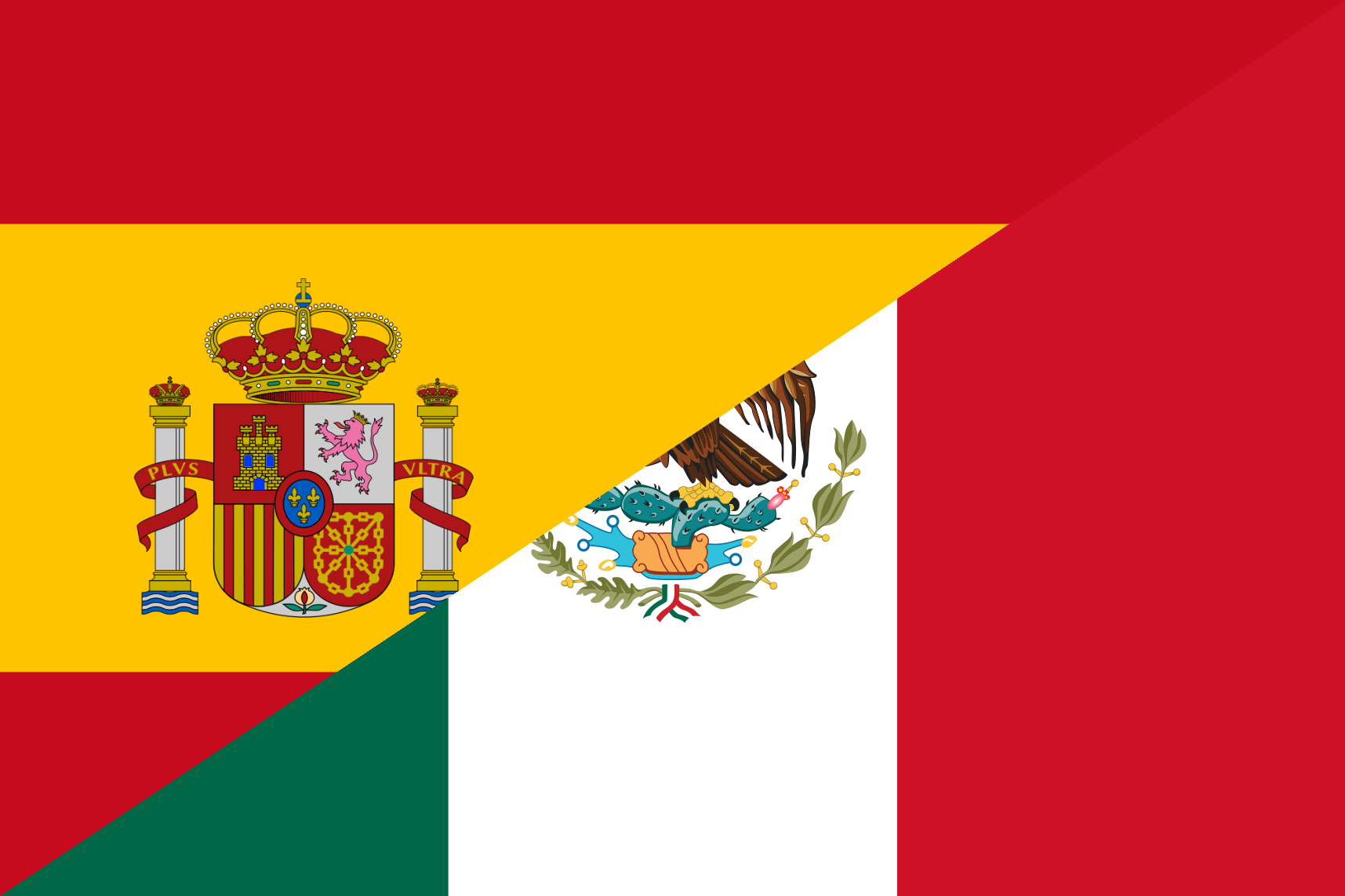Vyriškas
usted
(Anglų k.)
- (by-personal-gender, feminine, formal, masculine) second person formal; you (singular)
- (Colombia, Costa-Rica, by-personal-gender, feminine, masculine) second person informal; you (singular)
Dažnis
Brūkšneliu surašyta kaip
us‧ted
Tariamas kaip (IPA)
/usˈted/
Etimologija (Anglų k.)
In summary
From vuestra merced (lit. "your mercy" (etymological) or "your grace" (idiomatic)), an honorific style. In 17th-century Spanish, there were a number of variants, including the intermediate forms vuesasted and vusted. Cf. Portuguese você, Galician vostede, Catalan vostè, Asturian vusté and Sardinian bostè. The following list has the variants reported by Coromines and Pascual, with their reported first year of attestation: Early modern variants bosanzé, 1620 (Lope de Vega, Pedro Carbonero, portrayed as said by (ex-)Muslims) boxanxé, ca. 1631 (Quevedo, Libro de todas las cosas y otras muchas más, portrayed as said by (ex-)Muslims) usted, 1620 voarced, 1635 voazé, 1625 (Vélez de Guevara, El Rey en su imagen, portrayed as criminal cant) vuarced, ca. 1630 vuasted, 1617 vucé, 1626 vuesarced, 1621 vuesasted, 1597 vuested, 1635 vusté (in Quiñones de Benavente, died 1651) vusted, 1619 Despite similar phonetics, semantics, and plausible chronology, most likely unrelated to Arabic أستاذ (ustād), which is ultimately from a different Indo-European root (via borrowing from Persian into Arabic).
Related words
Sign in to write sticky notes








Pradėkite mokytis ispanų su learnfeliz .
Praktikuokite kalbėjimą ir įsiminimą „ usted " ir daugelio kitų žodžių bei sakinių, esančių ispanų .


 vous
vous Sie
Sie tu
tu jij
jij